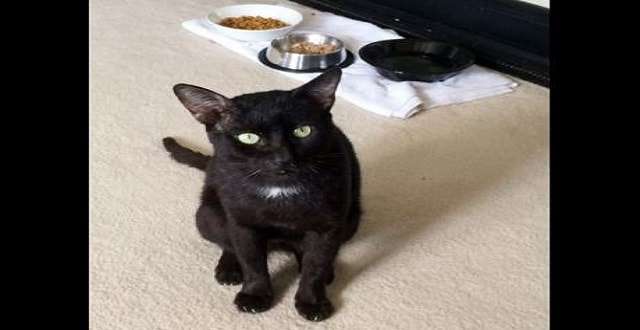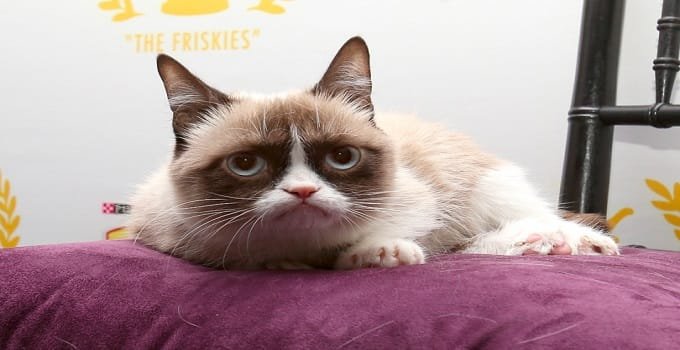Over the past 30 years, the number of cats diagnosed with hyperthyroidism has increased somewhat. According to research reports, many factors such as exposure to flame retardants may be responsible, and now a new study in ACS’ journal Environmental Science & Technology points the focus into another direction. It suggests that fish-flavored cat food may be among the culprits.
Hyperthyroidism is a hormonal disorder which can cause weight loss, hyperactivity, aggression, vomiting and other symptoms in cats. No one is certain for sure what causes it, but some studies have suggested a connection between environmental pollutants including polychlorinated biphenyls (PCBs) and polybrominated diphenyl ethers (PBDEs), which are currently banned in many countries because they could potentially harm humans. Previous research studies have detected these compounds and their byproducts in blood samples from cats. But the byproducts, which can also have toxic and harmful effects, could come naturally from other sources such as fish, which is a common ingredient in cat food. Hazuki Mizukawa, Kei Nomiyama and colleagues wanted to investigate whether cats were getting exposed somehow from their fish-flavored food.
The researchers tested cat food and also blood samples from cats. They also simulated how a feline’s body would process various PCB- and PBDE-related compounds. Based on the results, the team concluded that the byproducts that were detected at high levels in cats’ blood samples likely came directly from fish-flavored food and not exposure to PCBs or PBDEs. The researchers say further work is definitely needed to clarify whether these metabolites specifically contribute to hyperthyroidism.







